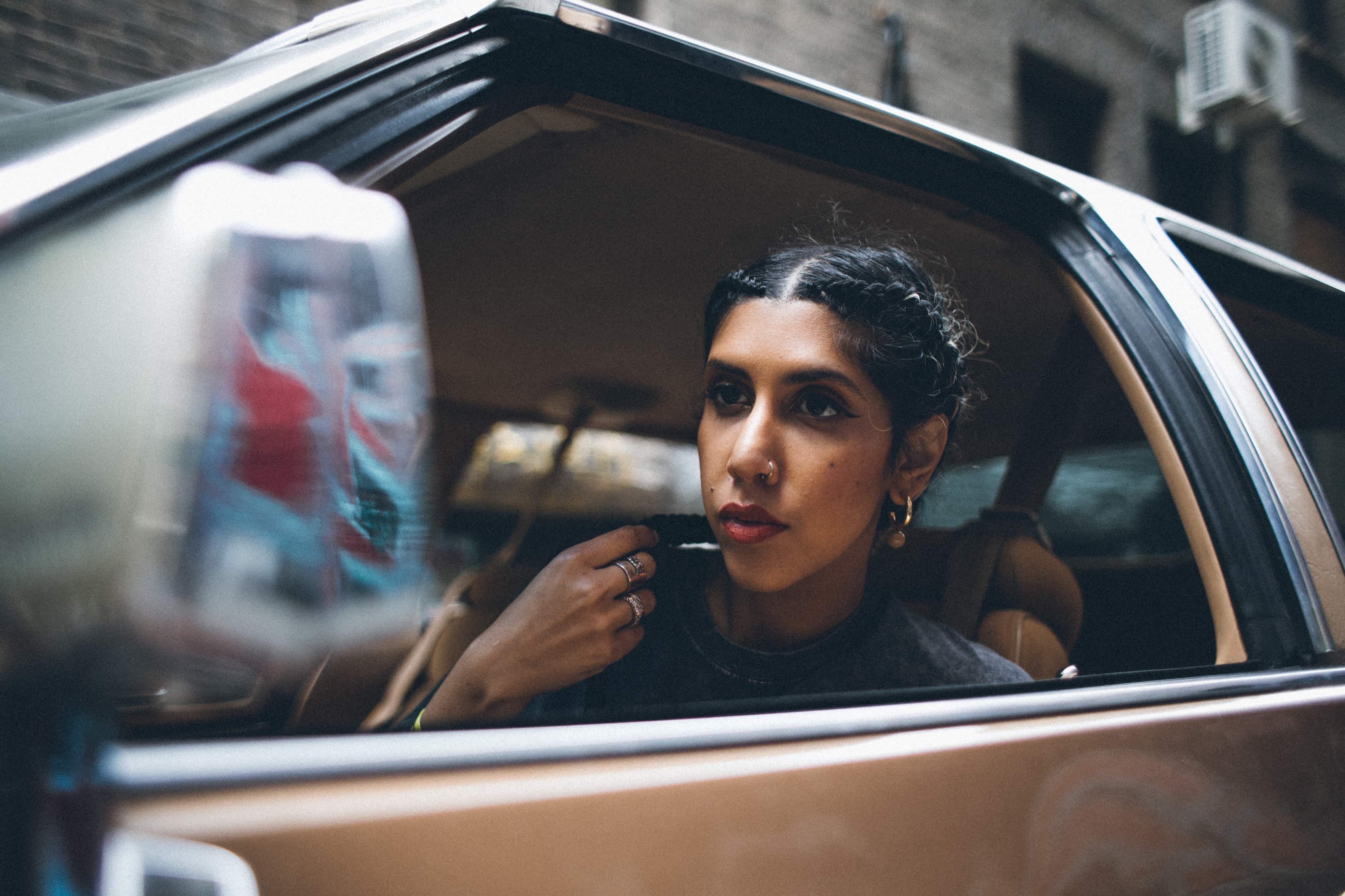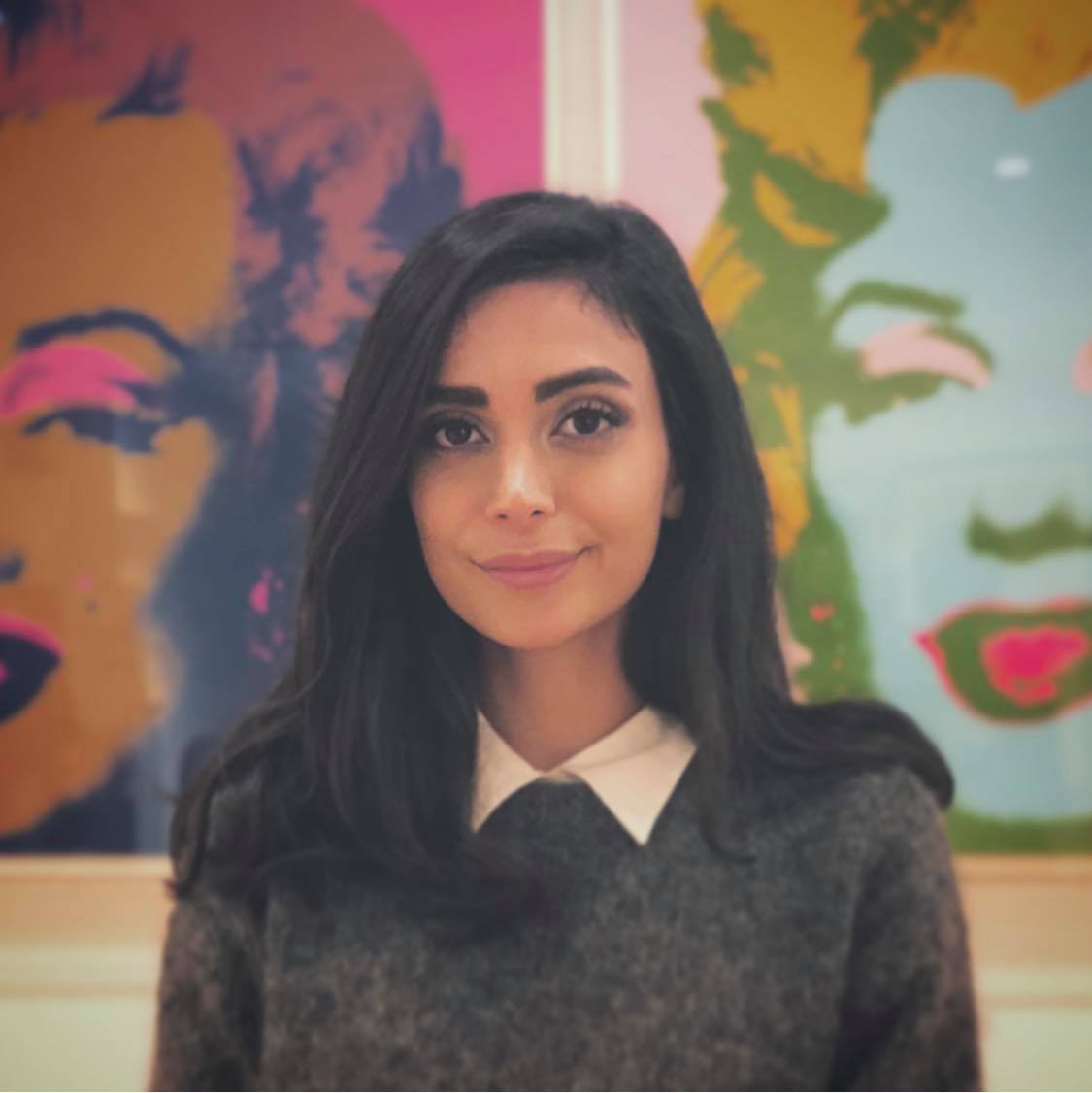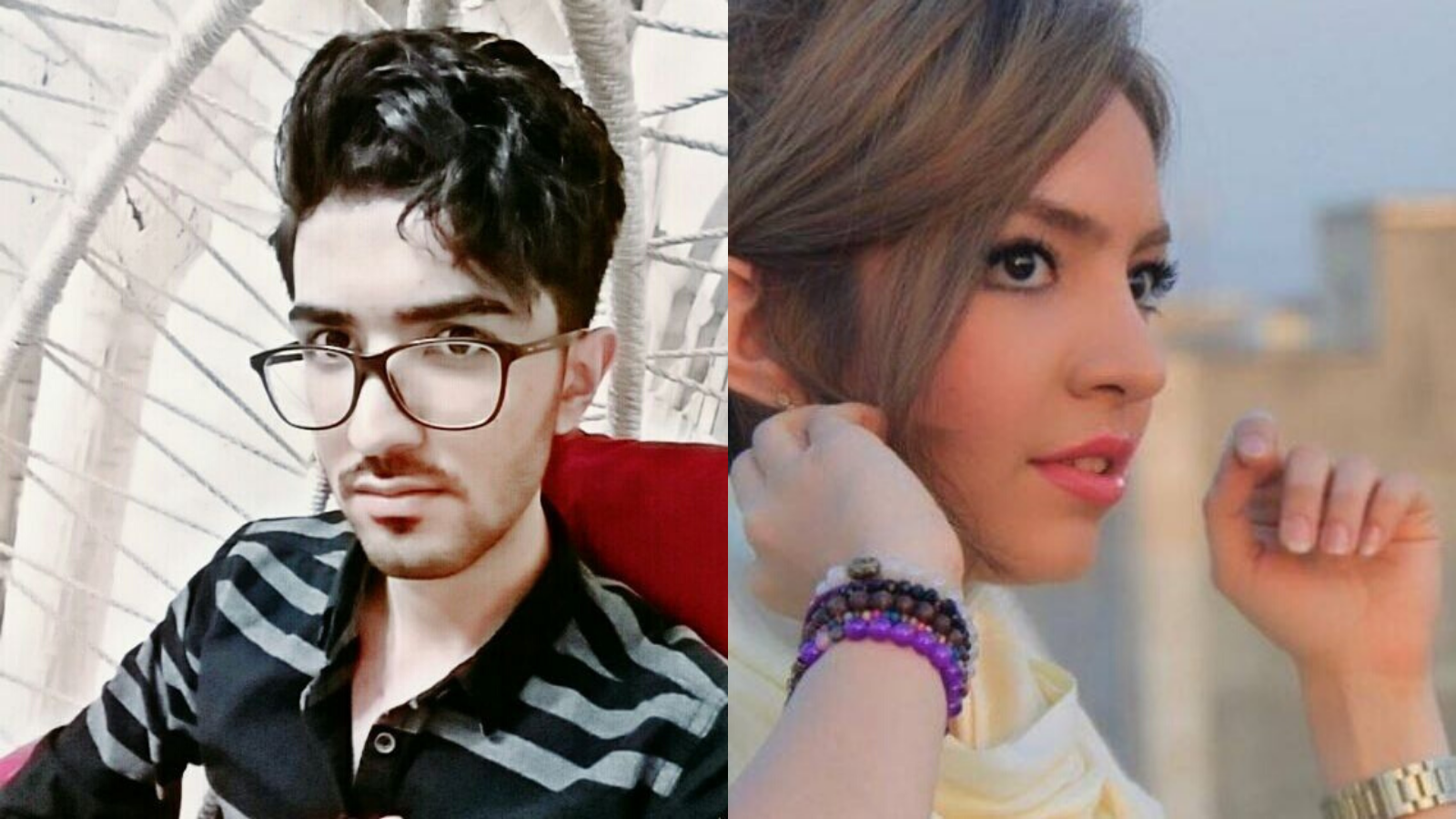An Indigenous woman says she wants a formal apology after allegedly being racially profiled and denied service by a WestJet attendant in Victoria, B.C.
Nikki Sanchez, a 33-year-old Maya Pipil woman—Indigenous to Central America—and former VICE producer, was en route to New York on January 15, waiting for the first leg of her trip—a WestJet flight between Victoria and Vancouver. A snowstorm created heavy travel delays, which prevented passengers from flying on schedule.
Sanchez asked an attendant for help following the five-hour travel delay. The attendant “refused, and said, ‘You guys can’t handle your alcohol. You’re a liability,’” Sanchez told VICE.
“She took one look at me, did not ask for my name or flight number, and instead she asked if I had been drinking,” Sanchez first wrote in an Instagram post. She told the attendant she had consumed only two drinks during her five-hour wait and was far from inebriated.
According to Sanchez, the attendant then said she’d never put her on a flight—let alone one of WestJet’s.
Sanchez said she tried to reason with the woman by sharing information about her role as a PhD student at the University of Victoria. She also said she was on her way to a high-profile photoshoot in New York celebrating sustainable fashion.
“She was not at all interested,” so Sanchez went back through security and bought a $320 ticket to Vancouver from an Air Canada attendant who was so apologetic he pulled strings to get her on a flight that was already boarding, Sanchez said.
By the time Sanchez arrived in Vancouver, she had missed her chance to get to New York in time for her photoshoot. She crashed in Vancouver overnight and returned home the next day, when she called WestJet’s customer complaints department to report her experience.
“They just said, ‘Sincere apologies,’ and that they would review the employee,” Sanchez said, adding that they “begrudgingly” gave her WestJet credit for her missed flight between Victoria and Vancouver.
WestJet also recommended she file a complaint with the Canadian Transportation Safety Board, Sanchez said.
In a statement to VICE, WestJet spokesperson Morgan Bell said the airline “has a zero tolerance policy for racism and discrimination” and is investigating the situation. “WestJetters take sensitivity as well as respect in the workplace training annually,” Bell added.
The incident highlights ongoing racism and colonialism in Canada, said Sanchez, who teaches about decolonization for a living and produced RISE, a VICE documentary series about Indigenous politics.
“You only need to scratch beneath the surface to find out how racist the general worldview in Canada is, and that’s what’s so upsetting for me in this instance,” Sanchez said. “Regardless of anything I said or did, this woman had already made a decision about who and what I was, and that’s this drunken Indian stereotype.”
Just last month, an Indigenous man and his granddaughter entered a BMO to open a bank account, only to be racially profiled by bank staff. The 12-year-old girl was handcuffed and then detained by police in downtown Vancouver for 45 minutes. BMO has since apologized.
Sanchez said she was unhappy with WestJet’s handling of the situation and decided to take matters into her own hands. She posted about the incident on her Instagram, Twitter, and Facebook early Monday morning with the hashtag #boycottWestJet, despite knowing that her post would inspire anti-Indigenous vitriol online. The goal was to apply pressure on WestJet until the company issues a formal apology and introduces mandatory anti-oppression training for its employees.
The comments under Sanchez’s original Instagram post pull up numerous racist reactions. One user accused Sanchez of pulling the “race card,” while another hurled gendered epithets and accused her of being drunk and high.
“The extent of racism in our society runs so deeply that anytime someone comes forward about experiencing racism the backlash is ugly and intense,” Sanchez wrote online in response to the comments.
Bell said WestJet hasn’t been able to reach Sanchez to “verify pertinent identification details.”
“We have attempted to reach out multiple times with no success,” Bell said. “We are still trying to reach this guest and have sent messages across all social platforms.”
Sanchez has been inundated with requests and comments on social media, so she said she’s taking time before she responds.
“I have no desire to get anyone fired or for serious retribution, other than a commitment from WestJet to show up and display a meaningful response in regards to ensuring that their employees have adequate anti-oppression training,” Sanchez said.
Follow Anya Zoledziowski on Twitter.




